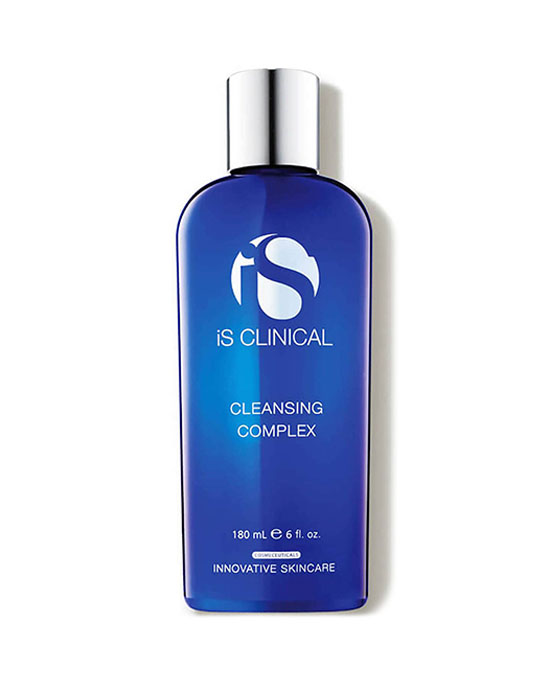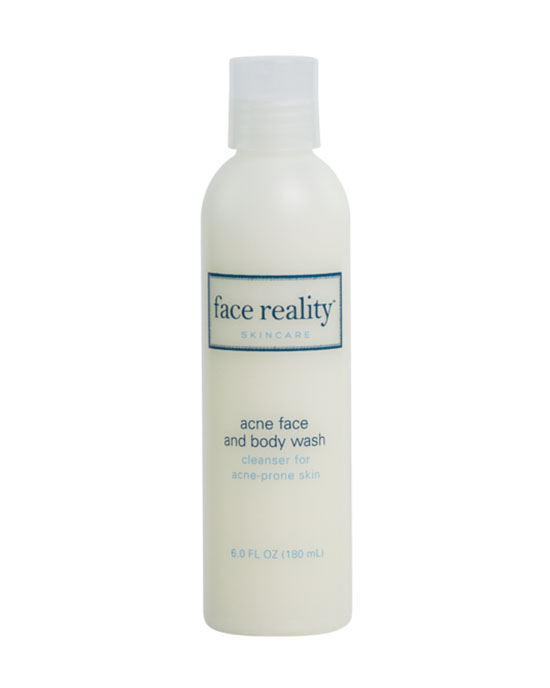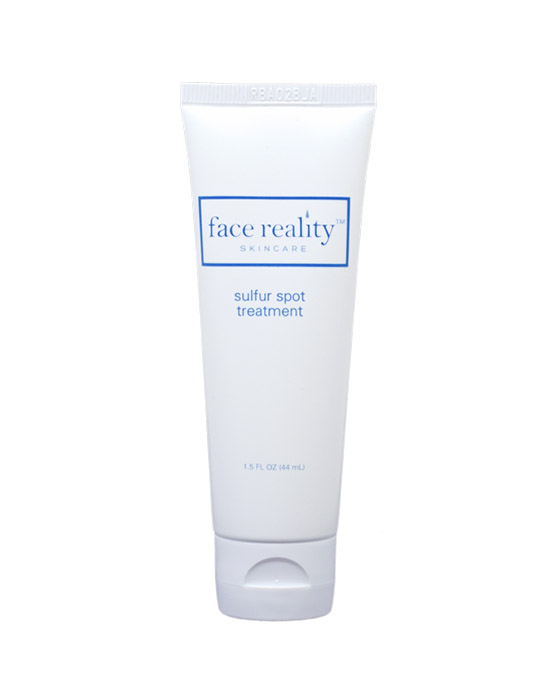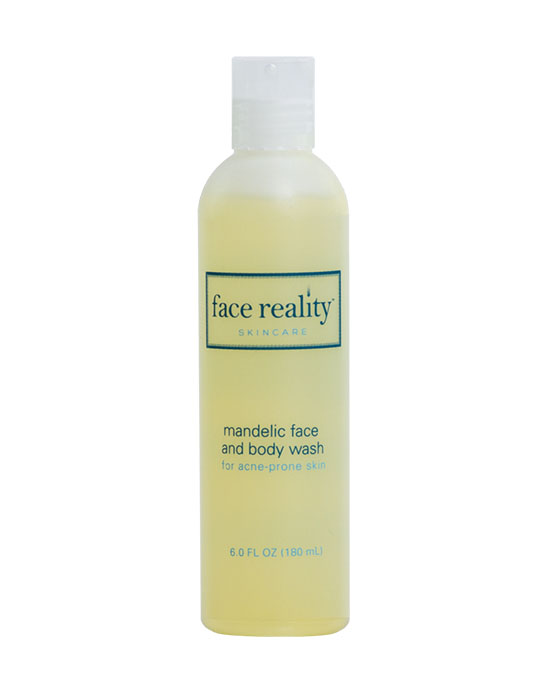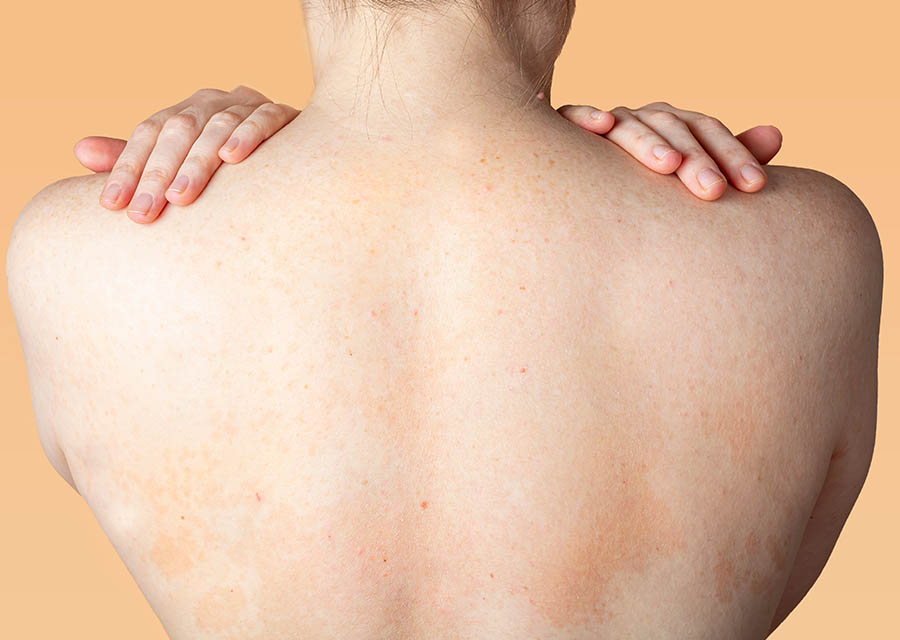
What Is Fungal Acne and How To Treat It?
Hi there, Friends! My name is Kelsey Rae, lead Medical Aesthetician and owner of Raederma. Throughout my years of experience in treating various skin conditions, especially acne, one of the most common issues my clients come to me with is Fungal Folliculitis, also known as fungal acne. Fungal acne is a common skin condition that occurs when hair follicles become infected with a fungus called Malassezia yeast.
Fungal acne causes clusters of small, itchy, red bumps on your skin. Sometimes, the bumps get a bit larger and turn into whiteheads. So who might experience fungal acne, you ask? Well, anyone can get fungal acne, however It’s most common in adolescents and young adults who tend to have oily skin where yeast thrive. The yeast also grows quickly on hot, damp or sweaty skin.
Keep Your Skin Clean and Dry
Fungal acne thrives in warm, moist environments, so it’s essential to keep your skin clean and dry. Wash your face twice a day with a gentle, pH-balanced cleanser and pat your skin dry with a clean towel. Avoid using harsh scrubs or exfoliants, as they can irritate your skin and worsen your fungal acne. Below are two cleansers I highly recommend that we sell online.
Use Antifungal Skincare Products
Antifungal skincare products can help to kill the fungi that cause fungal acne. Look for products that contain ingredients like Mandelic acid, sulfur, benzoyl peroxide, salicylic acid, pyrithione zinc, tea tree oil, and azelaic acid, as these are known to have antifungal properties. You can also use antifungal shampoos, like Nizoral, on your face as a mask for a few minutes before rinsing off! Below are a few products that will work to successfully treat fungal acne.
Avoid Using Oily or Heavy Occlusive Products
Fungal acne is often triggered or exacerbated by oily or heavy skincare and makeup products. Avoid using products that contain heavy oils, silicones, fatty acid oils, esters and some polysorbates. Look for lightweight, oil-free products, and check the ingredients list for anything that could potentially worsen your fungal acne.
Maintain A Healthy Diet
Your diet can also play a role in the health of your skin. Eating a diet rich in whole foods, fruits, and vegetables can help to support your skin’s natural defenses against fungal infections. On the other hand, consuming too much sugar or processed foods can weaken your immune system and make you more susceptible to fungal acne. Consider a candida diet or cleanse and then a probiotic.
Practice Good Hygiene Habits
Fungal acne can be contagious, so it’s important to practice good hygiene habits to prevent the spread of the fungi that cause it. Don’t share towels or personal hygiene items with others, and avoid touching your face with dirty hands. Cleanse any workout gear and makeup brushes frequently to reduce the risk of spreading the infection, especially if you are more susceptible to this type of acne.
Fungal acne is a frustrating skin condition, but we treat it often. By keeping your skin clean and dry, using antifungal skincare products, avoiding oily and heavy products, maintaining a healthy diet, and practicing good hygiene habits, you can get rid of your fungal acne and have clear skin! If you’re struggling with fungal acne, reach out to us online. We help in person and virtual clients regularly overcome their fungal acne concerns. Together, we can develop a personalized treatment plan that works for you.
I hope you enjoyed these helpful skin tips! If you are someone who struggles with this issue, then try incorporating these tips into your daily routine!
I look forward to seeing your faces in my treatment room or virtually online soon.
Kelsey Rae – Founder


